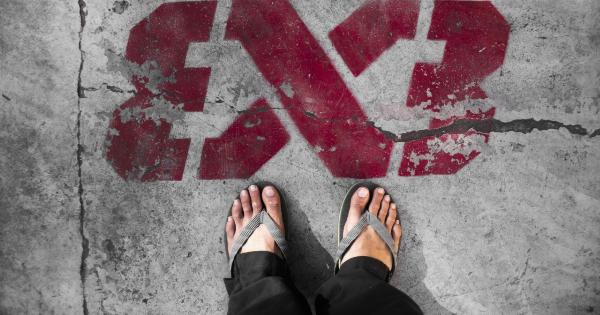High heels have been in fashion for decades, and for many women, they are a staple part of their everyday wardrobe. However, concerns have been raised over potential pregnancy risks associated with wearing high heels.
This article will explore the effects of wearing high heels during pregnancy and provide some tips for pregnant women who want to keep wearing high heels.
What are the Potential Risks?
The main concern with wearing high heels during pregnancy is the increased risk of falls. Pregnant women experience changes in their center of gravity, and with the added weight of the baby, they are more likely to lose balance and fall.
Wearing high heels can increase the risk of falls by making it harder to maintain balance and stability. In addition, falls during pregnancy can lead to serious complications, including fetal injury and premature labor.
Another potential risk of wearing high heels during pregnancy is the increased pressure on the feet and ankles. As the pregnancy progresses and the body increases in size, the feet and ankles can become swollen and painful.
Wearing high heels can exacerbate these symptoms and increase discomfort.
How to Minimize Risks?
If you are pregnant and want to continue wearing high heels, there are some steps you can take to minimize the risks.
Firstly, choose lower heels. A lower heel will provide more stability and reduce the risk of falls. A heel height of under two inches is generally considered safe for pregnant women.
Secondly, avoid shoes with pointed toes. Shoes with rounded toes provide more space for the feet and reduce the risk of blisters and other injuries.
It is also important to ensure that your shoes fit properly, with enough room for your feet to move comfortably.
Thirdly, choose shoes with a wide base. Shoes with a wider base provide more stability and reduce the risk of falls. Avoid shoes with narrow or stiletto heels, which can increase the risk of ankle sprains and other injuries.
Finally, be careful when walking. Take your time and watch your step. Avoid uneven surfaces and be mindful of your surroundings. If you feel unsteady, hold onto a railing or ask for assistance.
Conclusion
Wearing high heels during pregnancy can increase the risk of falls and other complications. However, with some precautions, it is possible to continue wearing high heels safely.
Choose lower heels, avoid pointed toes, select shoes with a wide base, and be careful when walking. If you have concerns about wearing high heels during pregnancy, speak to your healthcare provider for advice.





























